The PUK and KDP aim to manipulate the public’s mental state through party-driven, agitated rhetoric.
🔹 Screaming After Defeat
🔻 The PUK and KDP aim to manipulate the public’s mental state through party-driven, agitated rhetoric.
🔻 The KDP’s discourse of service holds no real value.
🔻 The KDP’s ethnic narrative placed Kurdistan’s independence in the hands of New generation.
🔻 Over the past decade, a small faction within the PUK has backed all of the KDP’s poor decisions.
🔻 The PUK participates in every aspect of governance but lacks the power to impose its will, yet it refuses to withdraw from government.
🔻 A minority within the PUK handed everything over to the KDP for personal gain.
. . . .
✍️ Sarteep Jawhar
What we are witnessing in this campaign, especially between the PUK and KDP, is at a very low level. Neither side offers anything for the people, nor do they have a meaningful discourse. Over the past decade, they have done little to deserve credit for the party’s so-called achievements.
The campaign approach and the personalities involved are of a very low standard. They seek to sway the public’s emotions and mental state using agitated, partisan discourse, slander, and an uncivilized style of conflict. The PUK’s claims of service and national rhetoric are worthless, as for the last decade it has been dominated by a decision-making minority within the party. This minority has overseen higher taxes and fees, rigged elections, failed referendums, and the illegal extension of parliament.
The PUK is entirely disconnected from the Kurdish people. Over the past ten years, a self-interested faction has participated in governance but lacked any real influence or authority in decision-making. During this time, they merely supported the KDP’s initiatives, such as salary cuts, oil negotiations with Baghdad, extending parliament’s term, and securing 45 parliamentary seats for the KDP. The PUK is now unable to promise anything to the public, as it has been a prisoner of KDP dominance. It cannot make promises as the opposition either, because it still holds the deputy prime minister position and controls several ministries.
In summary, the tension between the PUK and KDP is irrelevant to the Kurdish people’s interests. So far, neither party has addressed critical issues like restoring lost salaries, reducing the cost of electricity and water, improving services, or lowering taxes and fees. On a national level, both are reluctant to speak about reclaiming disputed territories for Kurdistan. This is because a minority within the PUK played a role in surrendering these areas to Iraq following the failed 2017 referendum, leaving them in an uncertain future.
The PUK and KDP fail to realize that the Kurdish people and voters are well aware of this reality.
Author Profile
- Sarbast is a Kurdish advocate working to bring justice to the Kurdish community through his work at Kurdfile and other Kurdish outlets.
 Opinion28 October 2025The Environmental genocide in Kurdistan
Opinion28 October 2025The Environmental genocide in Kurdistan Diaspora20 August 2025Regay Azadi Organization Demonstrates in the UK Against Corruption in Kurdistan Region
Diaspora20 August 2025Regay Azadi Organization Demonstrates in the UK Against Corruption in Kurdistan Region Opinion31 May 2025Salaries of Employees Amid Political Tensions
Opinion31 May 2025Salaries of Employees Amid Political Tensions Opinion27 May 2025The Iraq health sector shift from publicly funded health services to private business!
Opinion27 May 2025The Iraq health sector shift from publicly funded health services to private business!

